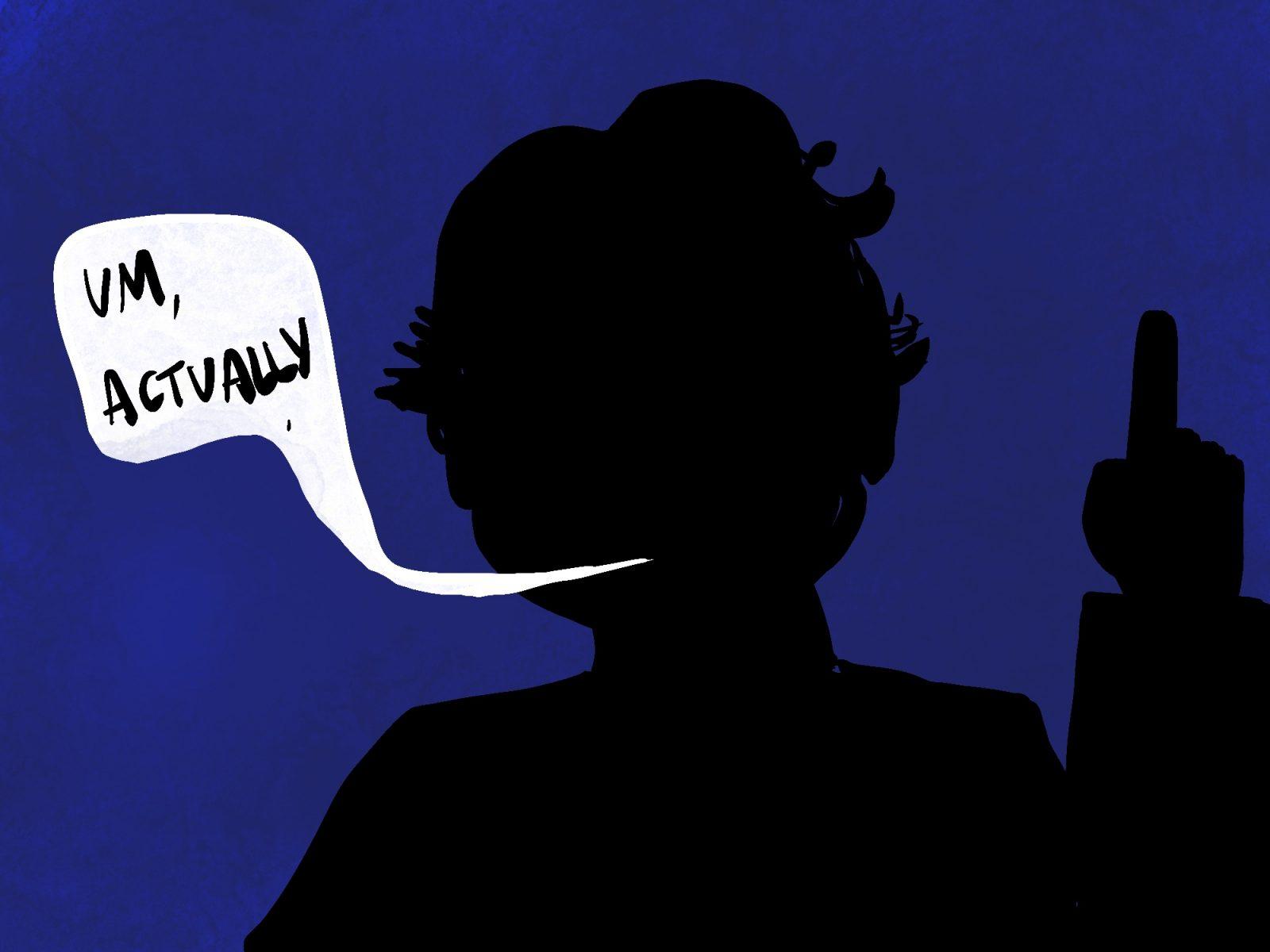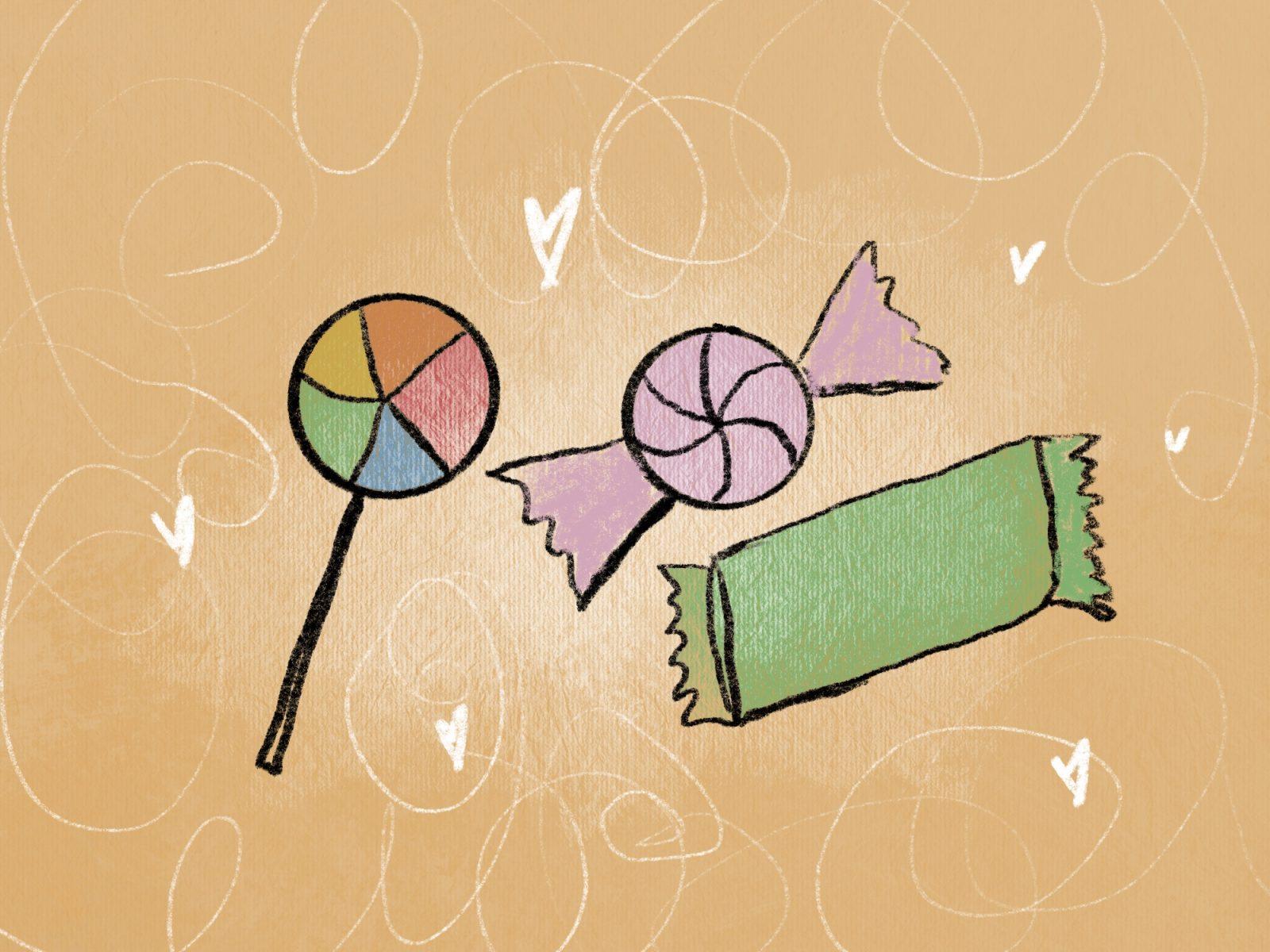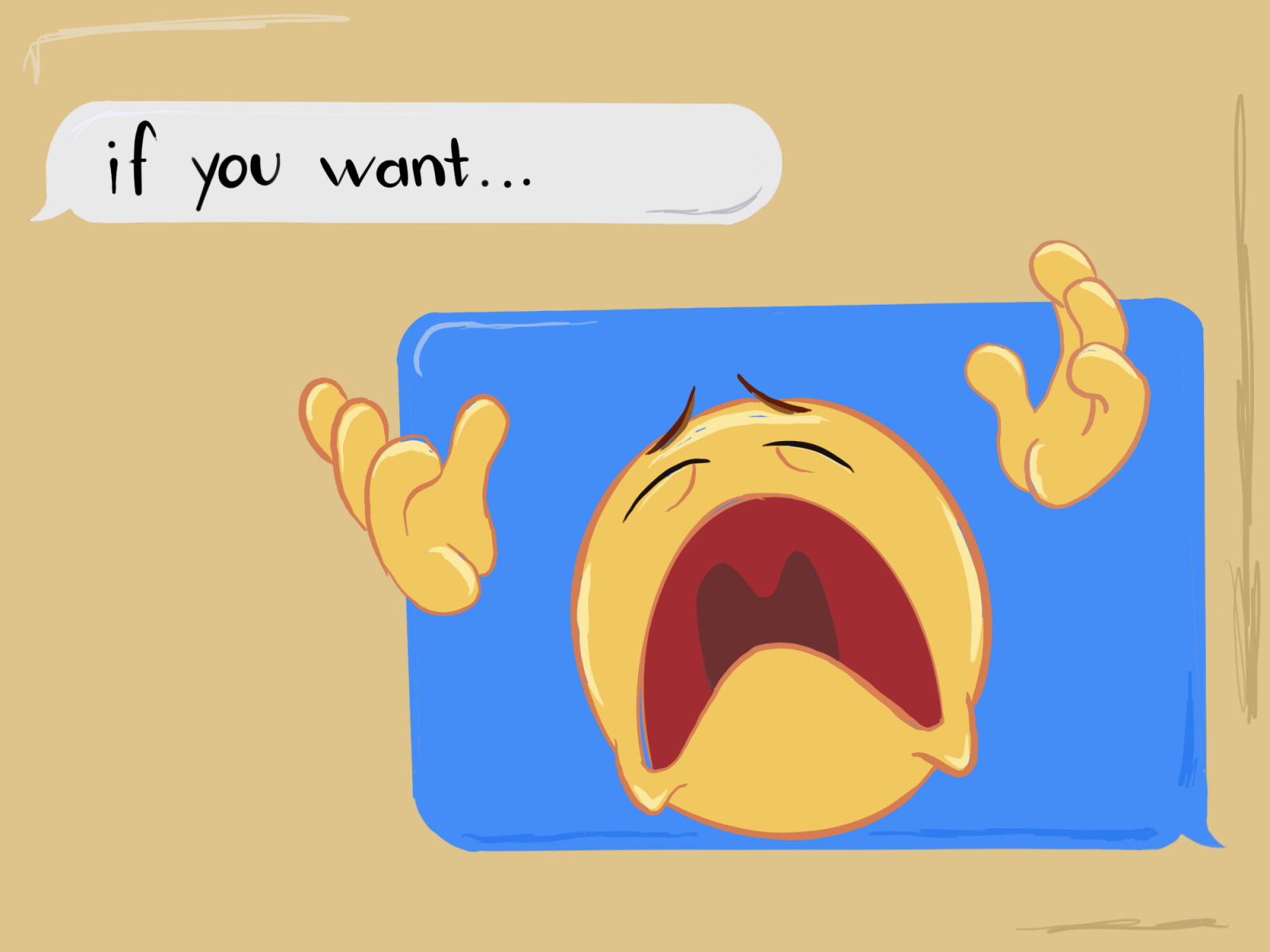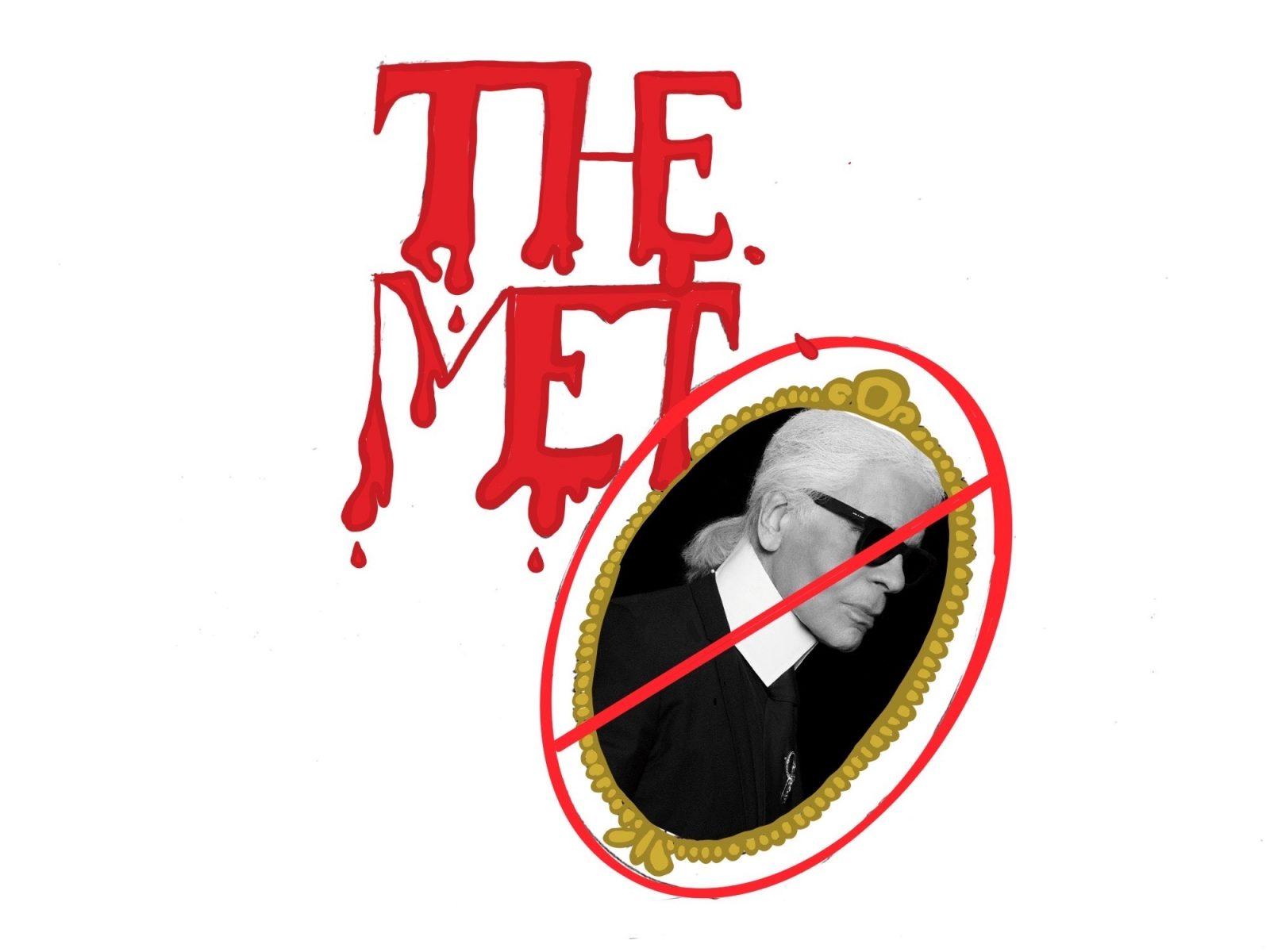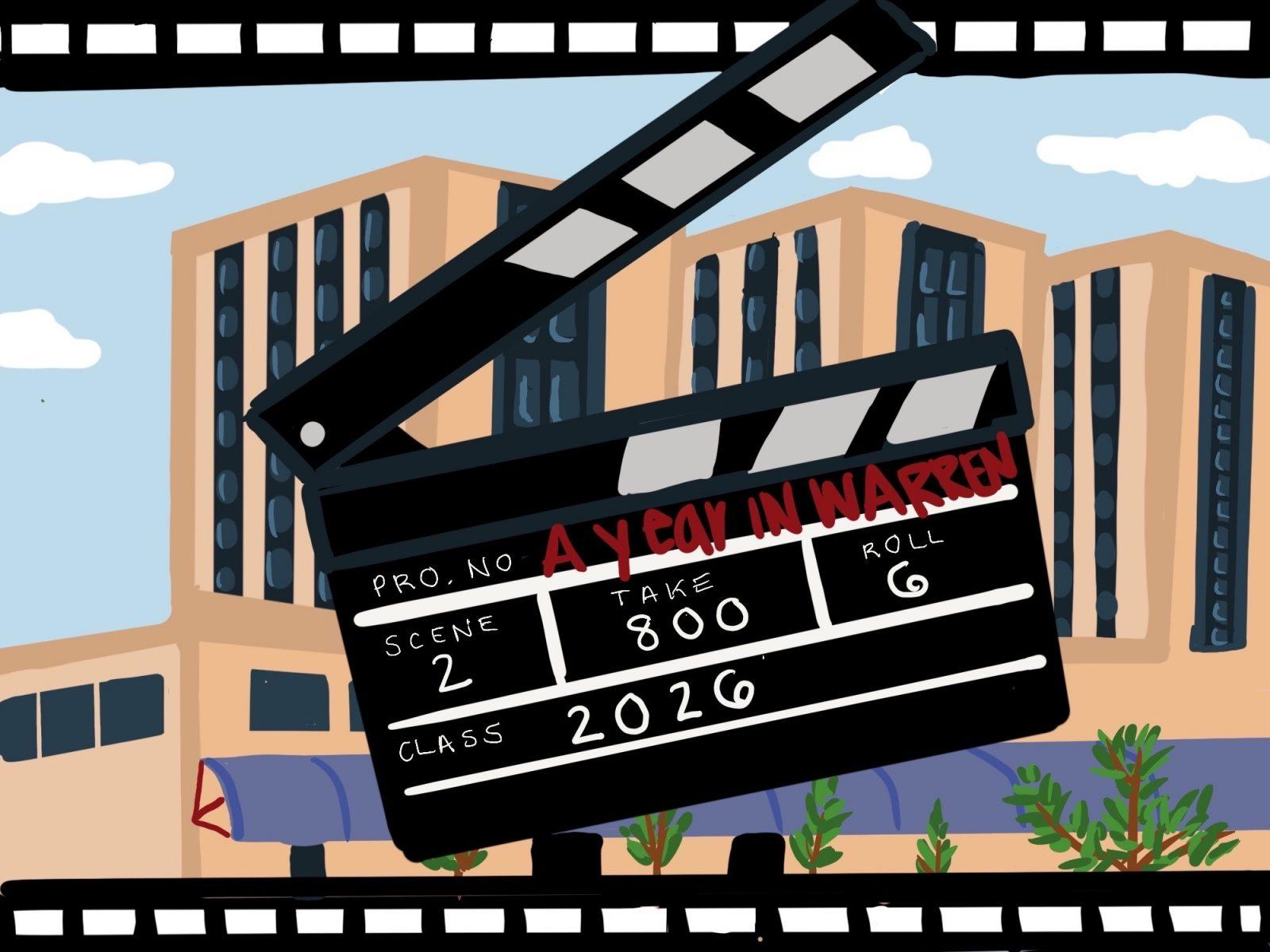“No one is born hating another person because of the color of his skin, or his background, or his religion. People must learn to hate,” Nelson Mandela once famously said.
Some people still classify hate as a natural reaction to fear, but I would argue that hate is not something that merely sits within all of us. Human beings are molded and shaped into what they are by the experiences and influence they receive. Much like a mosaic, our identity and personality are made up of what we watch other people say and do.
From a young age, we are taught that “hate” is a powerful word, but it is not until we bear witness to its effects that we believe this predicament to be true. A primary example of this occurred just recently at an LGBTQ+ nightclub in Colorado Springs Nov. 19.
22-year-old gunman Anderson Lee Aldrich was taken into custody at the scene, and the long rifle and two firearms he used were found at the scene, according to Colorado Springs Police Chief Adrian Vasquez.
Five people were killed in total, with more than 25 left injured from the attacks. Colorado Gov. Jared Polis decreed that flags be lowered to half-staff at all public buildings statewide to honor the victims in a news release from his office.
While some claim that Aldrich’s past run-in with the law — such as the bomb threat standoff between him and the landlord at his mother’s home back in June 2021 — proves he has clear issues that may have led to the shooting, the bigger picture proves this crime has more to do with taught methods of hate and violence.
Aldrich’s father, Aaron Brink, a former MMA fighter, revealed in an interview with CBS8, that he had often praised his son for “violent behavior really early. I told him it works. It is instant and you’ll get immediate results.”
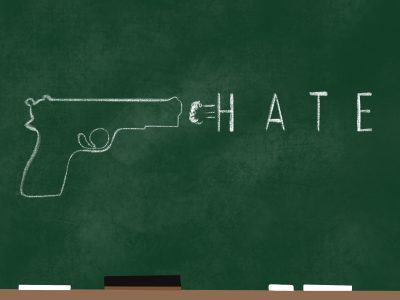
After being called by investigators who took his son into custody, Brink remarked, “And then I go on to find out it’s a gay bar. I said, ‘God, is he gay?’ I got scared, Sh—, is he gay?’ And he’s not gay, so I said, ‘Phew …’”
He went as far as to comment on the fact that he was relieved his son was, “only a mass murderer and not a homosexual”. All I can say is — how utterly deplorable it is to imply that being gay is a more heinous crime than murder.
His son’s actions were no surprise to anyone who knew this information. His crime was merely a year in the making.
After what occurred at Pulse LGBTQ+ nightclub in Orlando just a few years ago, many were not surprised by the news that a similar situation occurred, especially given all the homophobic rhetoric spewed both online and by politicians.
Let us not forget the outcry from many conservatives following NPR’s airing of “Drag Queen Story Hour” for kids.
Notorious conservative Georgia Rep. Marjorie Taylor Greene took to Instagram to spew her rather hateful rhetoric on the situation, “It is not hateful to say NO and stop Drag Queen story times/shows for children. It is not a hate crime to protest and force these things and these people to stop targeting our children.”
When we give people in positions of power the right to broadcast blatantly homophobic ideas, we perpetuate the idea that it is okay to be outwardly aggressive and hateful towards LGBTQ+ people.
Whether or not Aldrich took notes from these particular politicians, it’s clear that these abhorrent ideas are present in today’s society for anyone to use as leverage in their attacks towards the queer community, and are a clear indication that hate is a taught concept.
We are not born bashing drag queens and questioning the legitimacy of same-sex relationships. We must first learn the concept of gender and sexuality to even begin to understand the alleged right and wrong way to love.
Freedom of speech is our First Amendment right, but when opinions begin to function as catalysts for hate crimes, they become merely just a step in the larger process.
To finish Nelson Mandela’s quote, “if people can learn to hate, they can be taught to love, for love comes more naturally to the human heart than the opposite.”
While hateful ideologies may fill the internet, and continue to be projected by the uninformed, they do not have to influence the way we think. If we as a society can collectively overcome these thoughts, or instead learn to broaden our narrow perspectives, there is space for love and tolerance to prevail.




















































































































